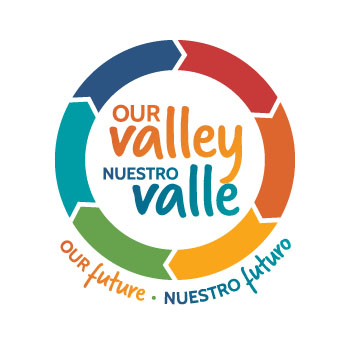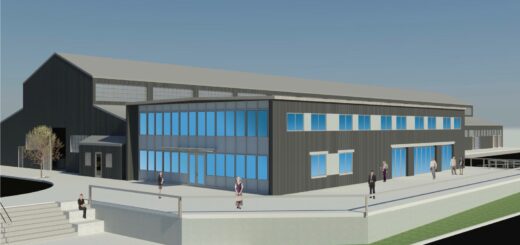Our Valley tech study gives us new insights about building our economy, community
The conversations in the Wenatchee Valley about technology in recent years have been focused on narrow issues like cryptocurrency mining and data centers rather than on strategies to develop that sector of our economy in a thoughtful way.
Thank goodness the folks at Our Valley Our Future have stepped up to the plate, with the financial support of Chelan and Douglas Public Utility districts, to commission a study examining our opportunities and challenges in moving forward.

One of Our Valleys seven game-changing initiatives is developing the valley into a regional technology hub. As part of that initiative, an Our Valley task force that included key leaders including education, utilities, ports and businesses, commissioned the economic study by Washington State University’s IMPACT Center.
The study showed that the growth rate in gross regional product per capita for the valley outpaced the state and the country from 2012-2017 and ranked in the top 11 percent of metropolitan areas nationwide. At the same time, the job growth rate from 2008-2018 for the valley was 14 percent, which also eclipsed the state and national rates.
It was also interesting to learn that in that 10-year period, the valley added 588 technology jobs for a total of 1,509 total. Compared to other cities that are technology hubs, we still have a fairly small technology sector.
The study noted that tech workers are drawn to areas that have recreational amenities, co-working spaces, coffee shops, breweries and wineries. Our valley shows well in those arenas.
But we have some looming areas of concern, particularly when it comes to educational attainment. The 14 percent of people in the valley with less than a 9th grade education is a significant red flag. Our rates lag far behind similar cities, the state and the nation.
Another educational challenge is that our peer cities, such as Fort Collins, Co., Pueblo, Co and St. George, Ut, all have multiple institutions of higher education. Our valley has Wenatchee Valley College.

From the perspective of technical skills training, 28 of 50 tech occupations have no local training programs, while 8 of those occupations are turning out a surplus of workers.
Clearly, we’re going to have to be very creative and strategic about developing training for occupations in this valley.
One piece of the study that I found particularly fascinating was the amount of services that tech sector businesses outsource from other areas, including insurance services ($18.9 million annually), legal services ($10.2 million), administrative and management consulting ($8.7), and such things real estate services, medical labs, computer systems design services, etc.
The study also looked at the possibility of our local public utility districts shifting five percent of wholesale power sales to support growth in the technology sector of the economy. That could mean some reduced dollars to the PUDs but would significantly impact the economy.
Under two scenarios studied, total net sales for the region would be increased between $330 million and $419 million and total net job gains would improve from 1,400 to 1,764.
So, it wouldn’t take a large investment of power to have a dramatic impact on technology jobs in the region. The study also notes, however, that to gain that kind of impact we would have to solve other pressing issues, such as our housing shortage, improving air service, and upgrading our education and training programs. Furthermore, it would require the PUD to make some transmission and distribution upgrades. To get these things done, we will have to enhance the partnerships that are already happening in the valley.
“With the release of the WSU study, the Tech Hub Working Group believes the stage has been set to have that deeper conversation now and to potentially fix the gaps with the help of a community wide strategy involving many regional partners,” said Steve Maher, the Our Valley coordinator.
The technology study is just one more example of Our Valley Our Future’s power in bringing people together to help us guide our future rather than just letting it happen haphazardly.



